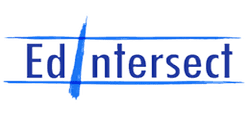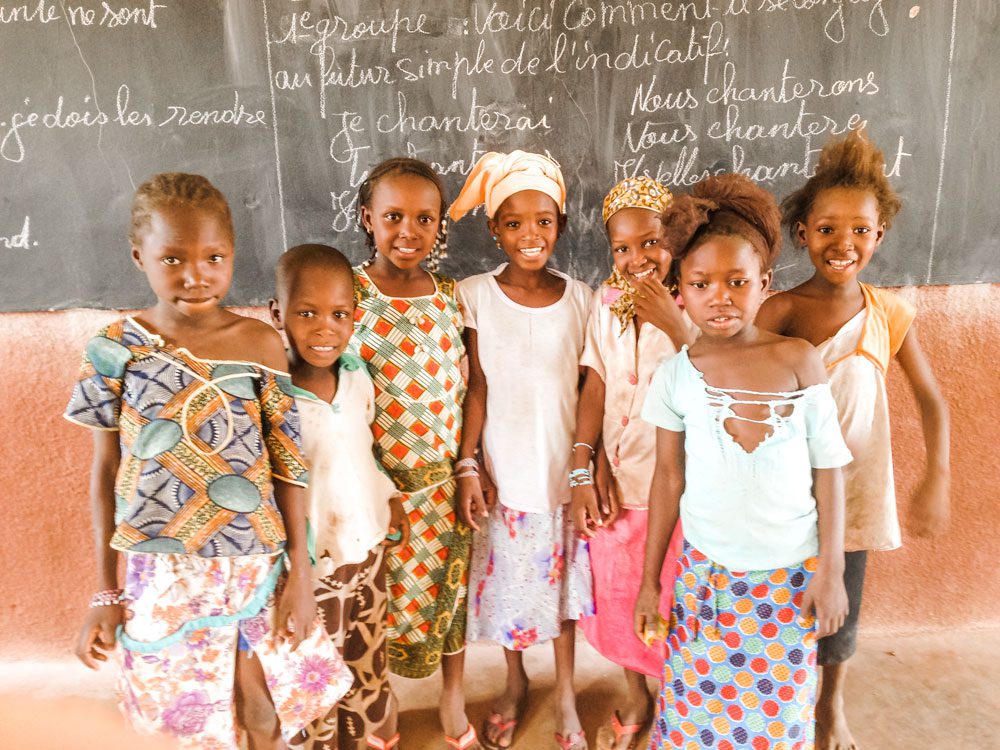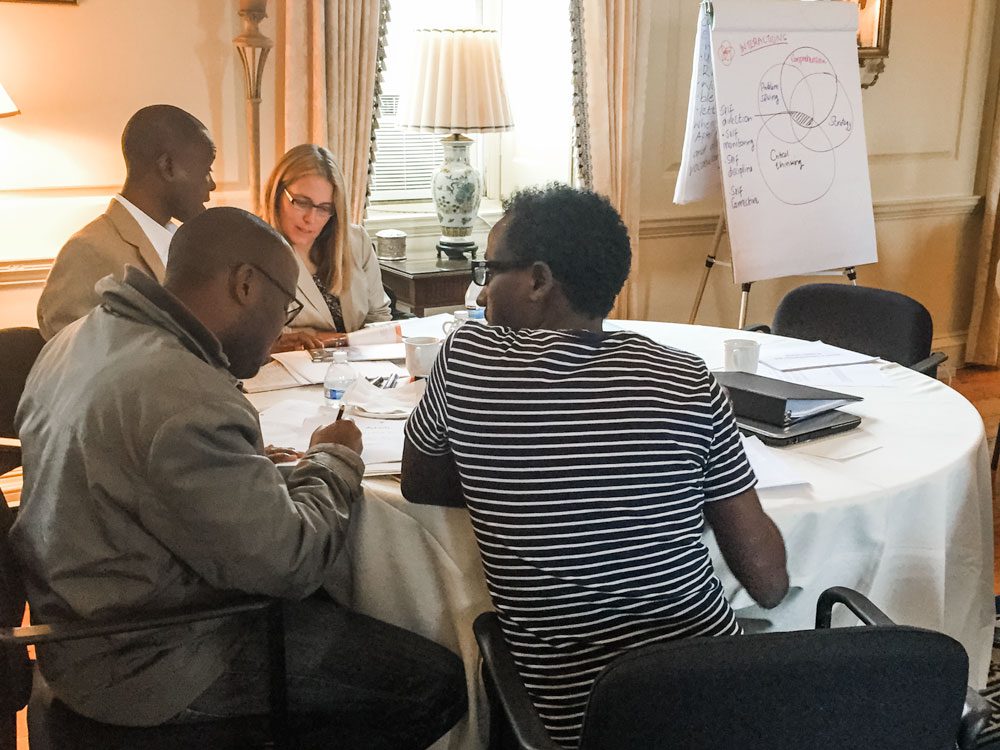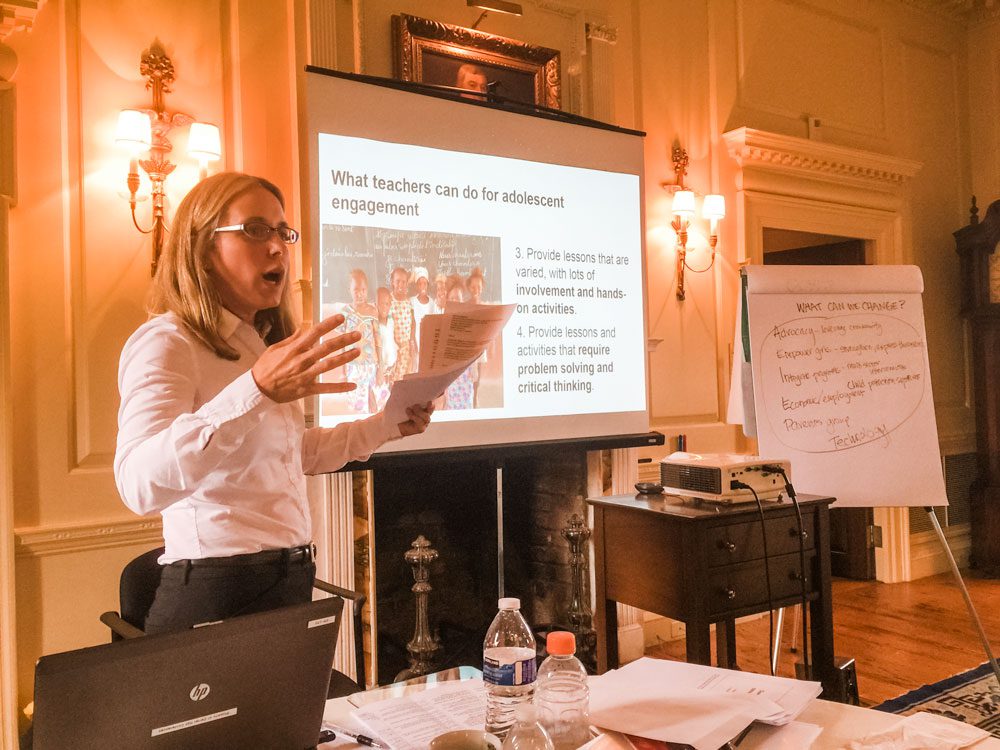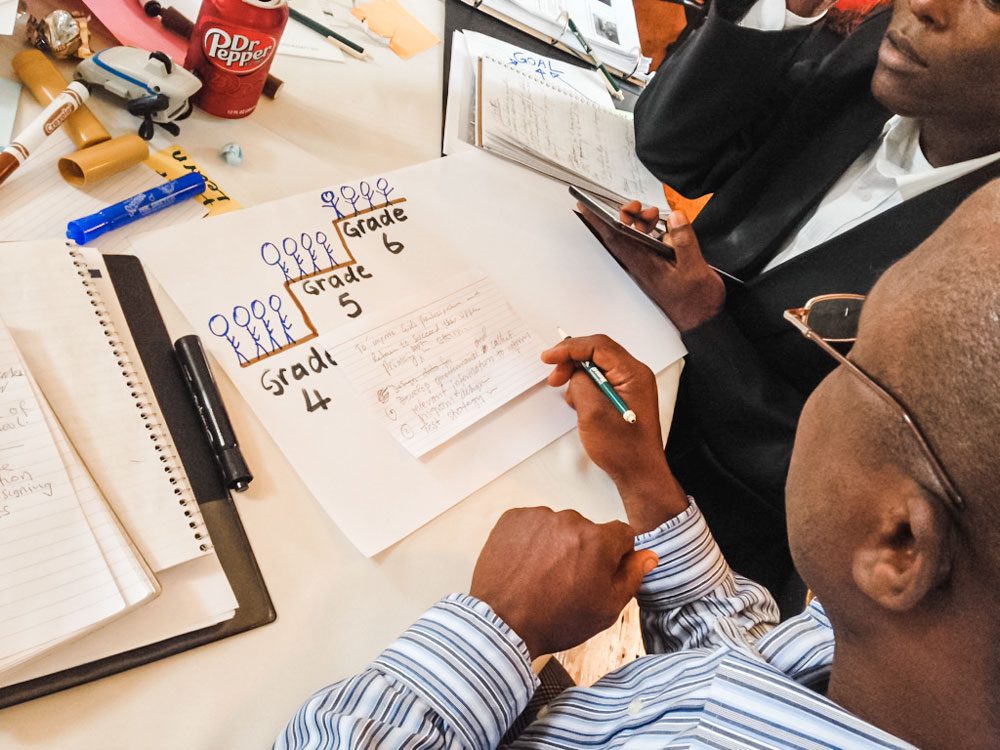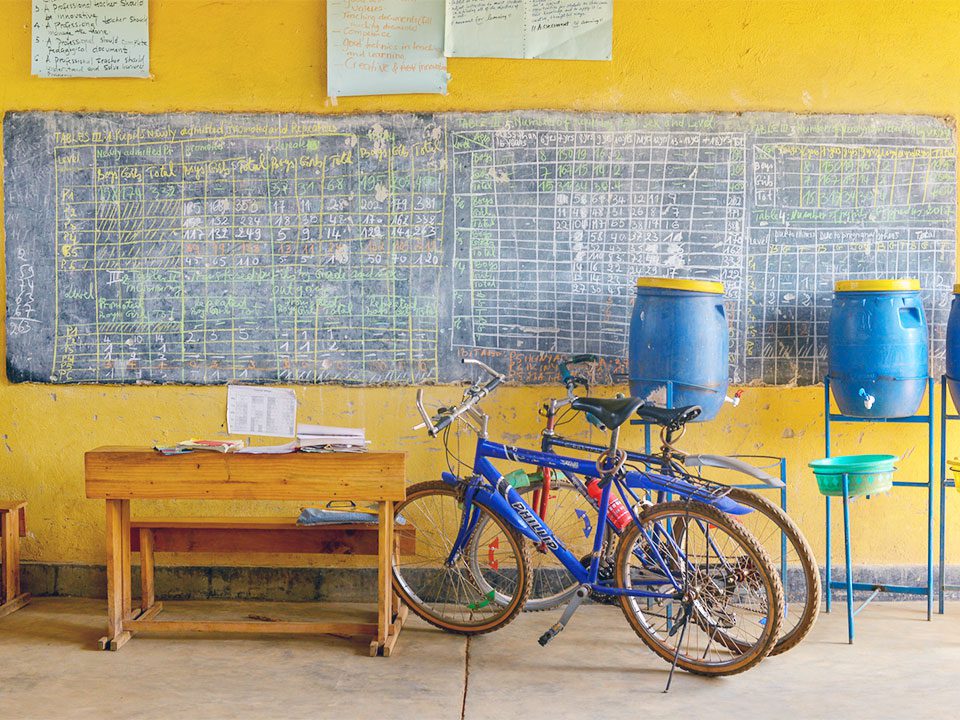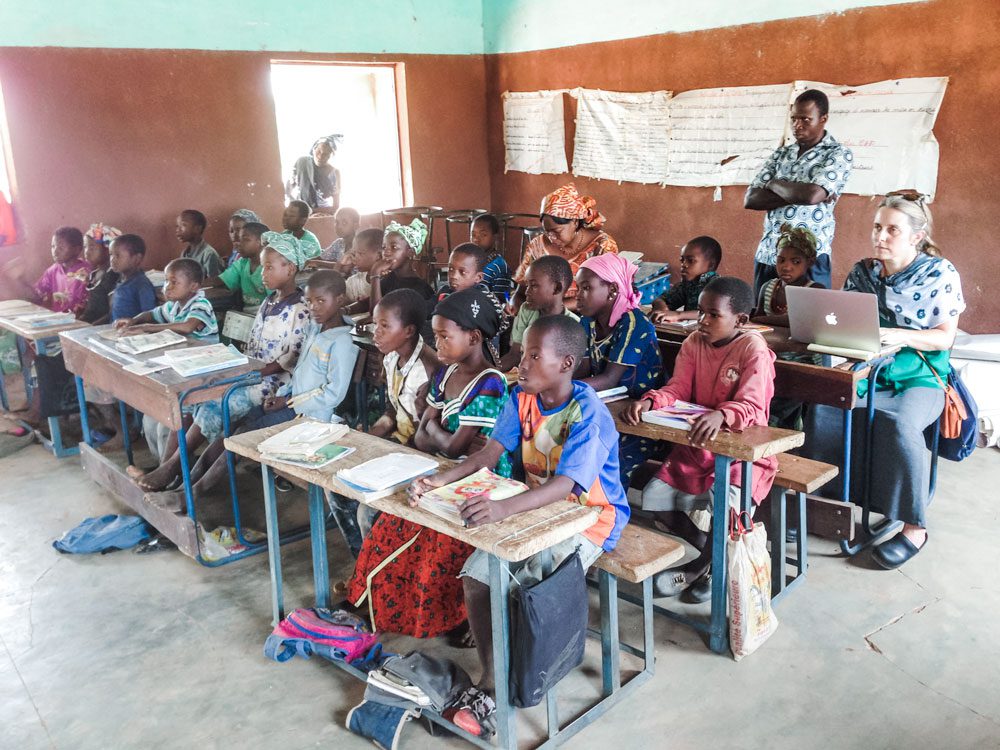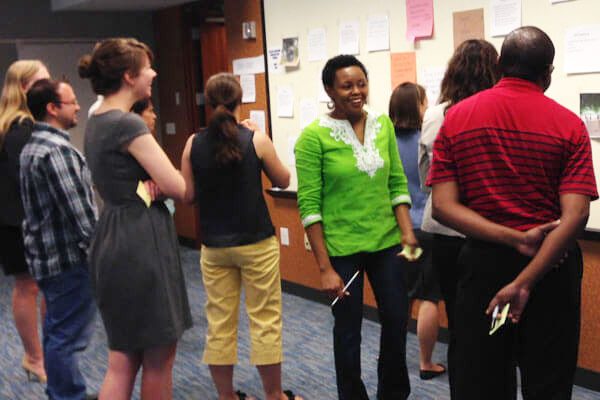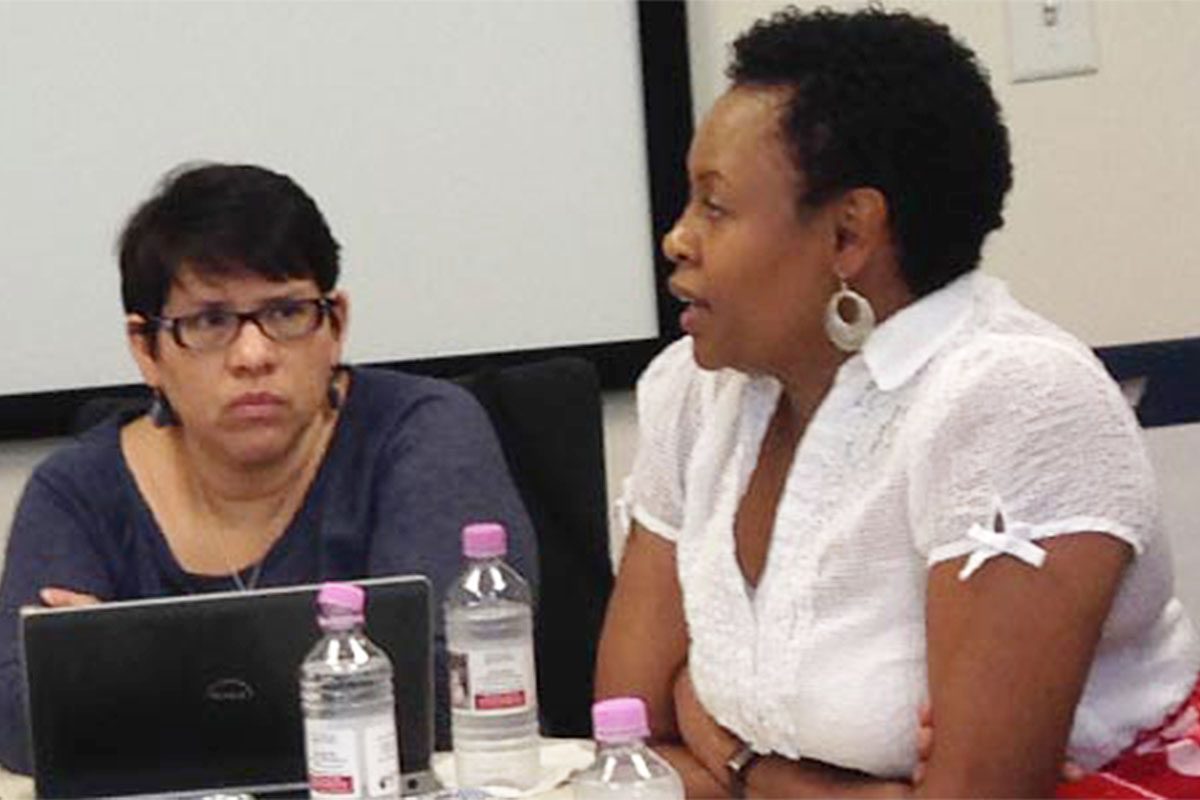Completed Projects
October 2018 – March 2019 EdIntersect served as the prime contractor on this award from Winrock International to conduct the baseline evaluation of this USAID-funded girls’ leadership, empowerment, and education program in Mali. Together with its subcontractors, School-to-School International and Le Centre d’Etudes et de Recherche sur l’Information en Population et Santé (CERIPS), EdIntersect conducted the project baseline study for Mali GLEE, which aims to increase girls’ educational opportunities. GLEE was a three-year project from 2018 to 2020 implemented by Winrock International that aimed to increase access to education for adolescent girls aged 10–18 in target areas of the Kayes…
READ MOREDecember 2015 – February 2016 EdIntersect worked with grantee organizations of the Banyan Tree Foundation in Kenya and Sierra Leone to refine activities and outcomes for remediation and life skills interventions as part of their adolescent program strategies. The Kenya Community Development Foundation (KCDF) and Defence for Children International of Sierra Leone (DCI-SL) are moving into more focused work with upper primary and lower secondary schoolchildren to ensure smooth transitions into studies beyond early primary school and to meet the particular needs of adolescents.
READ MOREAugust – October 2015 EdIntersect designed and facilitated a human-centered design workshop with grantee organizations from Kenya, Sierra Leone, Nepal, and Ethiopia on mentorship and leadership-focused work. The overarching goal was to bring all country teams to the workshop site in northern Virginia to gain greater insight in designing programs with and for adolescents. These programs were intended to drive academic progress, in particular reading and numeracy remediation, and to mitigate dropout in upper primary school and secondary school. EdIntersect prepared the workshop taking into account the current work of each grantee in early primary programming, sustainability, and monitoring and…
READ MOREMay – October 2015 EdIntersect developed the proposal with Miske Witt & Associates in response to World Vision, the implementing organization for the IGATE program in Zimbabwe for the UK Department of International Development’s (DFID) – now called the Foreign, Commonwealth & Development Office (FCDO). As part of the midterm evaluation team, EdIntersect developed reading passages, EGRA adaptation, and household survey consultation, and provided training and technology support in programming and using Tangerine. IGATE was implemented by World Vision and CARE.
READ MOREApril – July 2015 Working with USAID’s MEASURE Evaluation project and Palladium, EdIntersect developed essential training elements for the monitoring, evaluation, and reporting (MER) guidance for the U.S. President’s Emergency Plan for AIDS Relief (PEPFAR) with a set of outcome indicators for Orphans and Vulnerable Children (OVC) programs. These outcome indicators were designated as essential survey indicators, thus PEPFAR requires countries to collect these indicators biennially. USAID’s Global Health Bureau administers PEPFAR and the MEASURE Evaluation IDIQ with Palladium as one of the implementing partners.
READ MOREApril – June 2015 EdIntersect provided recommendations on how Save the Children’s Sponsorship Program guidance in basic education and early childhood care and development can meet Save the Children’s minimum standard of gender sensitivity and thus advance gender equality for girls and boys. EdIntersect conducted document review, key informant interviewing virtually with global staff in the US, Canada, and the UK, as well as interviewing in person with Bamako and Sikasso staff in Mali, field visits to schools with teacher and parent focus groups and classroom observations in Mali, and reporting and presentations for key stakeholders.
READ MOREJanuary – February 2015 EdIntersect used human-centered design to facilitate, synthesize, and provide final products for the Girls’ Education & Empowerment Consultative Meeting with CARE education, health, livelihoods and country office staff from 9 countries, as well as key external partners and donors from literacy, gender, youth, social inclusion, and tech organizations. Through this consultative process, EdIntersect and the partners developed a theory of change for guidance in CARE’s 2015-2020 programming. The workshop final report from EdIntersect was circulated to all involved partners and disseminated across the girls’ education and empowerment community.
READ MORENovember – December 2014 EdIntersect developed literacy materials for a newly redesigned women’s economic empowerment model in Africa and Asia. EdIntersect integrated perspectives from both the internal team and external consultants for both business training and village savings and loan content. Our approach built on both Winrock and leading external models and experiences to embed functional literacy components, understand user and facilitator profiles, and bridge with local language/mother tongue adaptations.
READ MOREApril – July 2014 Using human-centered design, EdIntersect created CARE USA’s 2015-2020 education sector strategy. Our approach built on CARE’s strengths and their targeted growth areas in order to help them achieve their mission of reaching the most marginalized. EdIntersect included creative, participatory strategic planning, an intersectional lens for reaching the most marginalized populations, and a design-thinking approach to problem solving. The EdIntersect team developed a literature review, trends analysis, interview summary report, and draft and final strategy documents. The strategy was well received by partners and funders, who recognized an adept blend of CARE’s legacy and CARE’s future.
READ MOREJune – December 2013 USAID’s MEASURE Evaluation project and implementing partner Palladium needed a training manual for facilitators anywhere in the world to have the tools necessary for preparing local data collectors to use child well-being measures house to house to create quality program evaluations. EdIntersect provided a teaching and learning approach to the orphans and vulnerable children (OVC) team in creating a training manual with data quality, research ethics, interviewing, and team dynamics components. After field testing in Nigeria, the manual was finalized in consultation with the OVC team and slides, handouts, and clear notes and background knowledge for…
READ MORE